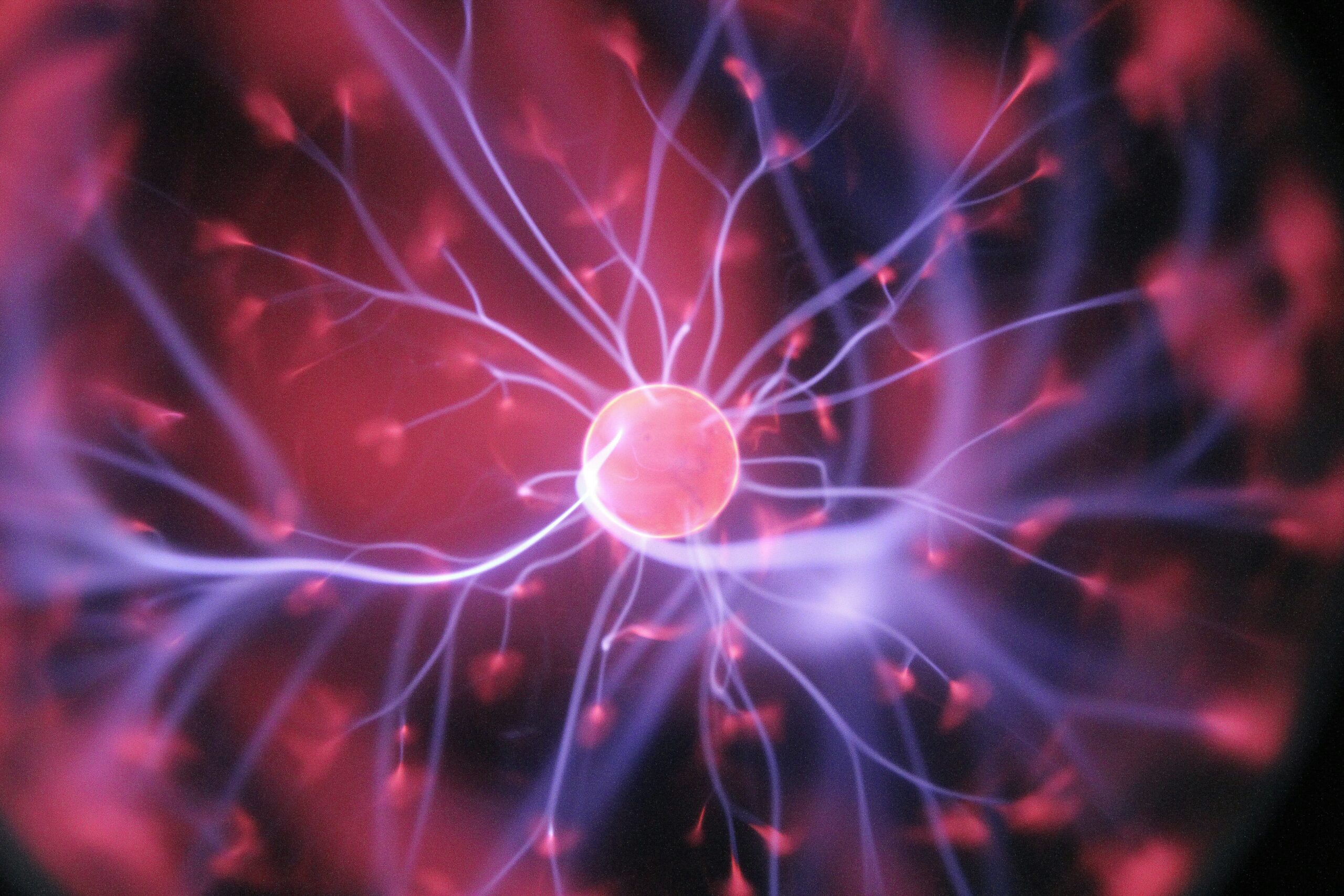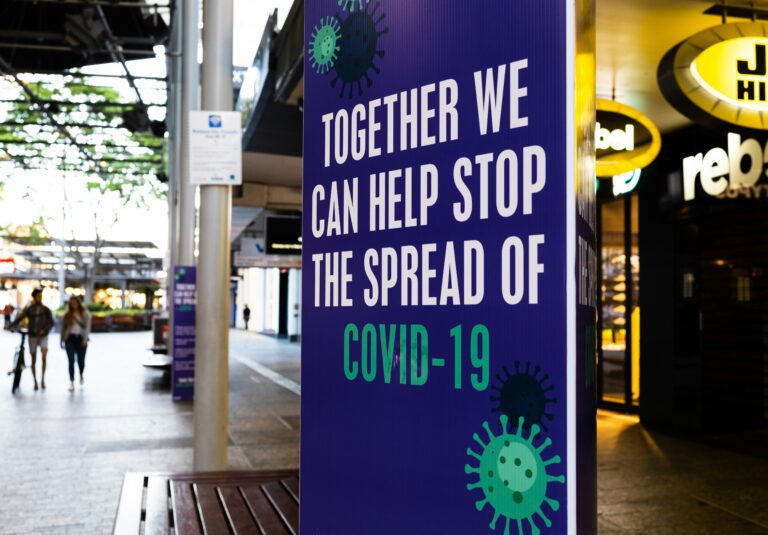June is Alzheimer’s and Brain Awareness Month
*Photo by Hal Gatewood on Unsplash
My late father-in-law, Bill Emery, died due to complications arising from early-onset Alzheimer’s disease.
When I met my wife, she was taking care of her father (in addition to work and school). At this point, he no longer spoke and spent his time in a rocking chair in the family room.
I never had the opportunity to meet Bill before Alzheimer’s took over, but I have heard stories, seen pictures, and watched home videos.
To say I felt sadness is a gross understatement.
He died 9 days before his grandson, my son, was born.
Background to Alzheimer’s Disease
Alzheimer’s disease is a degenerative brain disease and type of dementia (shout out to Alzheimer’s Association for all the wonderful information).
Dementia is not a specific disease but a term that describes a certain group of symptoms.
Symptoms of dementia include impaired:
- Reasoning
- Focus and attention
- Memory (specifically, short-term)
- Communication
Alzheimer’s is a disease that affects more than 5.8 million Americans and is the 6th leading cause of death in the U.S.
10% of all those living over the age of 65 have Alzheimer’s disease.
We expect the number of those afflicted with the disease to increase to an astounding 14 million people by 2050.
3 Distinct Stages of Alzheimer’s
1.) Mild Alzheimer’s (early stage)
2.) Moderate Alzheimer’s (middle stage)
3.) Severe Alzheimer’s (late stage)
Mild Alzheimer’s (early stage)
The early stage of Alzheimer’s can begin up to 20 years before a diagnosis.
During this stage, the individual can still function independently. They can still maintain a job and engage in social events and normal daily activities.
Loved ones begin to notice problems in memory or concentration. Difficulties include trouble remembering names when introduced to a new person, issues with coming up with the right word or name and losing or misplacing an object.
Moderate Alzheimer’s (middle stage)
This is generally the longest stage of Alzheimer’s. It can last anywhere from 2 to 10 years.
There is greater damage to the nerve endings in the brain, which accounts for Alzheimer’s being a degenerative and progressive disease.
Others notice the individual struggling with the following possible symptoms:
- Confusion about where they are and the time of year/day
- Moodiness
- Withdrawing from social situations
- Unable to recall their memories
- Incontinence
- Personality changes
Severe Alzheimer’s (late stage)
This is the final and most severe stage of Alzheimer’s disease. It may last anywhere from 1 to 5 years.
The individual does not respond to their environment, cannot carry on a conversation, and eventually cannot control their movement.
The individual experiences pronounced personality changes and require extensive help with their daily care.
Individuals may:
- Require 24/7 personal care
- Experience physical changes in their ability to walk, sit, and eventually, to swallow
- Little to no ability to communicate
- Lose awareness of their surroundings and what is happening
- Become prone to illnesses such as pneumonia
It is unclear what causes Alzheimer’s disease, but they theorize it to include a combination of environmental, genetic, and lifestyle causes.
There are current studies underway to create a vaccine for Alzheimer’s disease. Since it is a progressive, degenerative disease, a vaccine would not help those who are currently in any of the stages of Alzheimer’s.
Always remember that you need a licensed medical professional to diagnose Alzheimer’s disease. You cannot self-diagnose any medical condition.
Living a healthy lifestyle will improve your quality of life and help you live a longer one than if you never had worked out.
Some benefits of exercise:
- Lowers blood pressure
- Moderates insulin levels
- Increases energy
- Improves memory and cognitive abilities
This short list only touches on a few of the many benefits of exercise.
Leading a healthy lifestyle entails daily exercise and making healthy eating choices.
To keep your mind healthy, regularly read and do crosswords or puzzles.
Resources and Further Information
Alzheimer’s Foundation of America (866) 232-8484
Alzheimers.gov (877) 696-6775
BrightFocus Foundation (855) 345-6237
Alzheimer’s and Related Dementias Education and Referral Center (ADEAR) (800) 438-4380
American Academy of Neurology (800) 879-1960
BenefitsCheckUp (National Council on Aging) (571) 527-3900
National Center for Assisted Living (202) 842-4444
“The Light Upstairs” – Natalie Gelman’s Hit Single to Honor Alzheimer’s and Brain Awareness Month







